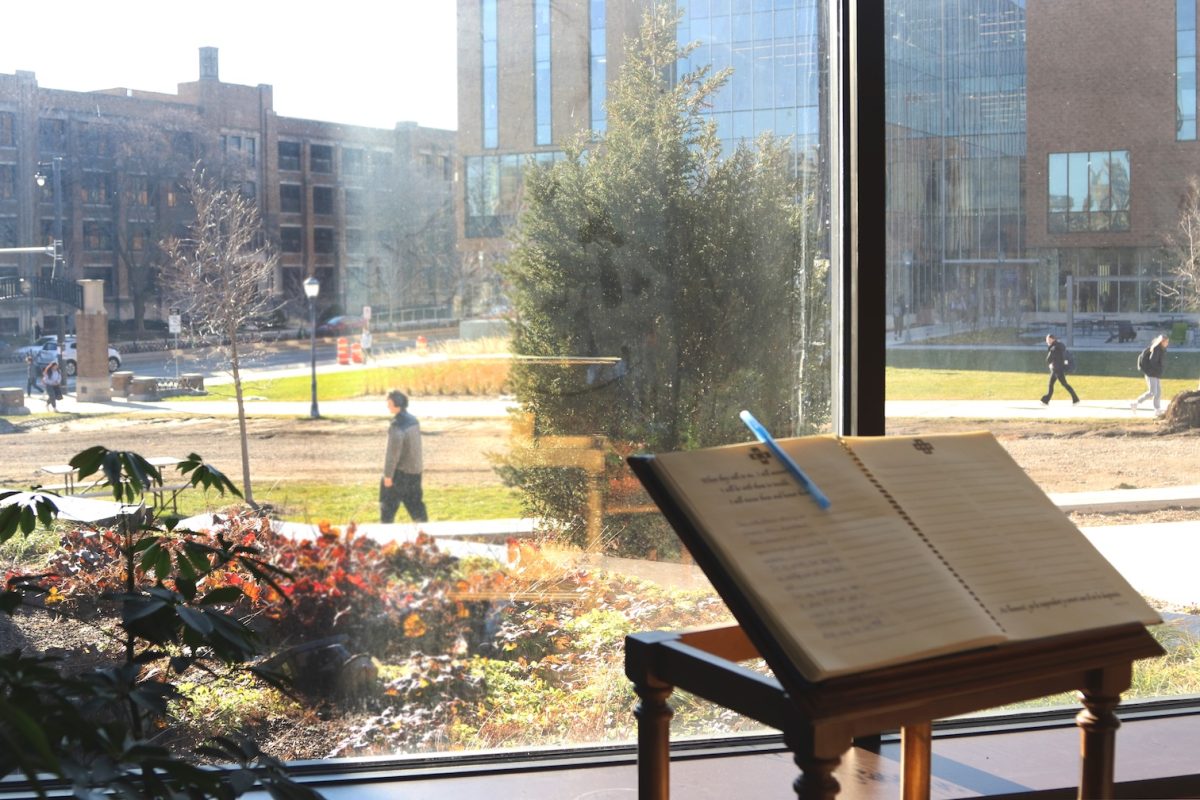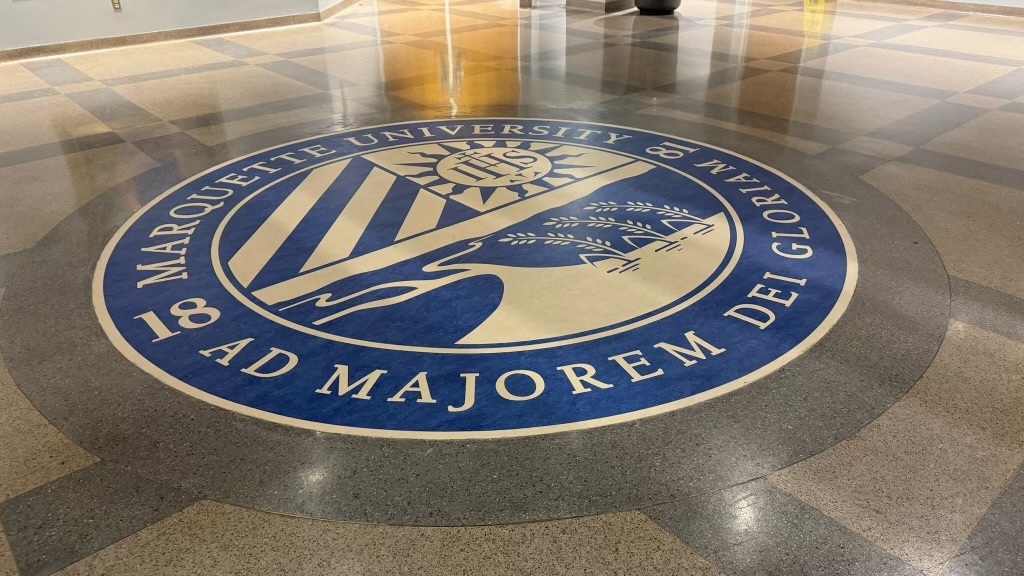Women have taken over the realm of graduate and doctoral education, according to a recent report published by the Council of Graduate Schools.
Women are enrolling in and completing not only more masters degrees nationally, but have also taken a majority of doctoral degrees, according to the study, “The Path Forward: The Future of Graduate Education in the United States.”
Marquette’s Graduate School and doctoral programs reflect similar numbers, according to a 2008-‘09 report conducted by the Office of Institutional Research and Assessment.
Women comprised 53 percent of the graduate students at Marquette, while men made up only 47 percent. Similarly, out of the total professional studies students enrolled, about 65 percent were women and 35 percent men.
The national increase in doctoral degrees follows a decade-long growth in the percentage of total women enrolled in graduate and doctoral programs that has surpassed men’s total enrollment. There has been a 4.2 percent increase for women and only a 3 percent increase for men, according to “Graduate Enrollment and Degrees: 1999 to 2009,” also conducted by the Council of Graduate Schools.
Lowell Barrington, director of graduate studies for Marquette’s political science department, saw similar trends during his doctoral studies at the University of Michigan as early as 1995, as well as during his tenure at Marquette.
“When I did my Ph.D. work, there were more women in our program by far,” Barrington said. “And over my last 15 years at Marquette, I’ve seen more women apply to our political science program, specifically.”
Marquette’s numbers similarly show more women enrolling in all disciplines, but also show significant increases in male enrollment for graduate and doctoral programs from 2005 to 2009, according to the report by institutional research.
Cassidy Garbutt, a teaching assistant at Marquette’s Graduate School, said these statistics are not too surprising.
“In my experience, both in high school and my Marquette undergrad, there have always been more girls in my classes,” Garbutt said. “I have absolutely seen more women than men in my communications program here, especially in our teaching assistant program.”
There are many speculations as to why women may be pursuing further education more frequently than men.
“I think that women may appreciate the college lifestyle and the well-roundedness of graduate school,” Garbutt said. “But I also think a lot of women see role models in their professors or other women who are influential for them.”
Shoshana Herndon, also a teaching assistant in Marquette’s Graduate School, said she believes women are taking advantage of the opportunities available for their career choice.
“I was told if I wanted to continue to work, I should pursue a graduate degree,” Herndon said. “It’s probably similar for a lot of people, where they no longer think a bachelor’s degree is enough to stand out in their career.”
Barrington believes there are a variety of societal factors, including a cultural shift in acceptance of women in higher education and male-dominated disciplines.
“It’s also that more women are pursuing undergraduate education, creating a larger pool of graduate applicants,” Barrington said. “And more often, a Master’s degree is deemed necessary for entry-level positions.”




